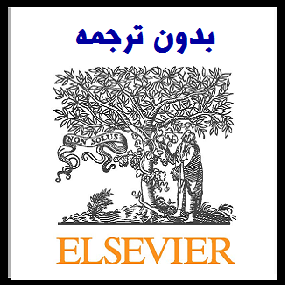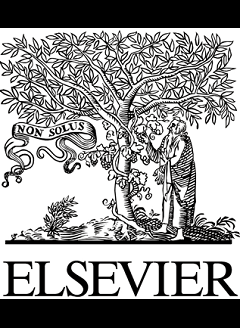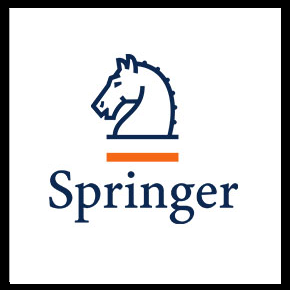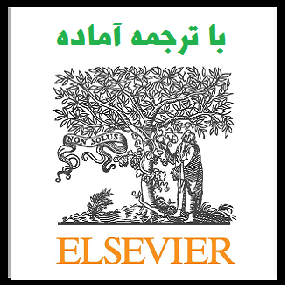دانلود رایگان مقاله تجارت اقیانوس های کثیف – سال 2021


مشخصات مقاله:
عنوان فارسی مقاله:
در تجارت اقیانوس های کثیف: مروری بر استارتاپ ها و کارآفرینانی که پلاستیک های دریایی را مدیریت می کنند
عنوان انگلیسی مقاله:
In the business of dirty oceans: Overview of startups and entrepreneurs managing marine plastic
سال انتشار مقاله:
2021
کلمات کلیدی مقاله:
آلودگی پلاستیک دریایی، کارآفرینی پایدار، نوآوری، مدل های کسب و کار
مناسب برای رشته های دانشگاهی زیر:
مدیریت
مناسب برای گرایش های دانشگاهی زیر:
کارآفرینی، مدیریت کسب و کار
وضعیت مقاله انگلیسی و ترجمه:
مقاله انگلیسی را میتوانید به صورت رایگان با فرمت PDF با کلیک بر روی دکمه آبی، دانلود نمایید. برای ثبت سفارش ترجمه نیز روی دکلمه قرمز رنگ کلیک نمایید. سفارش ترجمه نیازمند زمان بوده و ترجمه این مقاله آماده نمیباشد و پس از اتمام ترجمه، فایل ورد تایپ شده قابل دانلود خواهد بود.
فهرست مطالب:
Abstract
Keywords
1. Introduction
2. Concepts and theories
2.1. Business models and innovation
2.2. Sustainable entrepreneurship and transitions
3. Methodology
3.1. Sample
3.2. Data collection
3.3. Data analysis
4. Results
4.1. Database description
4.2. Exploring the emerging industry
4.2.1. Prevention
4.2.2. Collection
4.2.3. Transformation
4.2.4. Monitoring and knowledge development
5. Conclusions and discussion
5.1. Prevention
5.2. Collection
5.3. Transformation
5.4. Monitoring
5.5. Future research, limitations and implications
CRediT authorship contribution statement
Declaration of competing interest
Acknowledgements
Appendix A. Supplementary data
References
قسمتی از مقاله انگلیسی:
1. Introduction
In the last decade, plastic pollution has become a global concern, especially in terms of the deleterious impacts it has on marine and coastal environments. However, plastic is a ubiquitous material, and production continues to grow in spite of increasing awareness of the problems caused by plastic (Nielsen et al., 2020). Due to uncertain, complicated and interlinked impacts of plastic use and disposal, plastic pollution has been deemed a ‘wicked’ problem: a problem without clear solutions, and where solutions themselves are uncertain, contain externalities and may trigger rebound effects (Landon-Lane, 2018). Tackling wicked problems requires a variety of top-down and bottom-up initiatives introduced by a range of stakeholders. For plastic pollution, this can mean corporations increasing recycled content, governments enacting bans or improving waste management, universities researching new materials, civil society groups raising awareness and consumers choosing different products (Napper and Thompson, 2020; Prata et al., 2019; Schnurr et al., 2018). Wicked problems are by definition unable to be completely solved, and therefore managing plastic pollution will not depend on a ‘silver bullet’ solution but instead on advances on multiple fronts, gradually and experimentally working towards more sustainable plastic management (SPM) (Landon-Lane, 2018). Sustainable plastic management can be spearheaded by entrepreneurs and startup organizations, which tend to be more flexible and radical than traditional companies, and move faster than governments or civil society organizations (Dijkstra et al., 2020; Hockerts and Wüstenhagen, 2009; Jambeck et al., 2018; Schnurr et al., 2018). Sustainable entrepreneurship literature has shown that startups have the power to improve industries via the introduction of new technologies and business models (Burch et al., 2016). Transition research recognizes startups as niche innovators, who can build momentum towards more sustainable socio-technical systems and force incumbents to adapt (Horisch, ¨ 2015; Kemp et al., 1998). In recent years, numerous accelerators, incubators, grants and innovation awards have been dedicated to the issue of marine plastic pollution. This corresponds with a surge in enterprises focused on marine plastic management (MPM), some of which have gone viral and attracted widespread media attention



